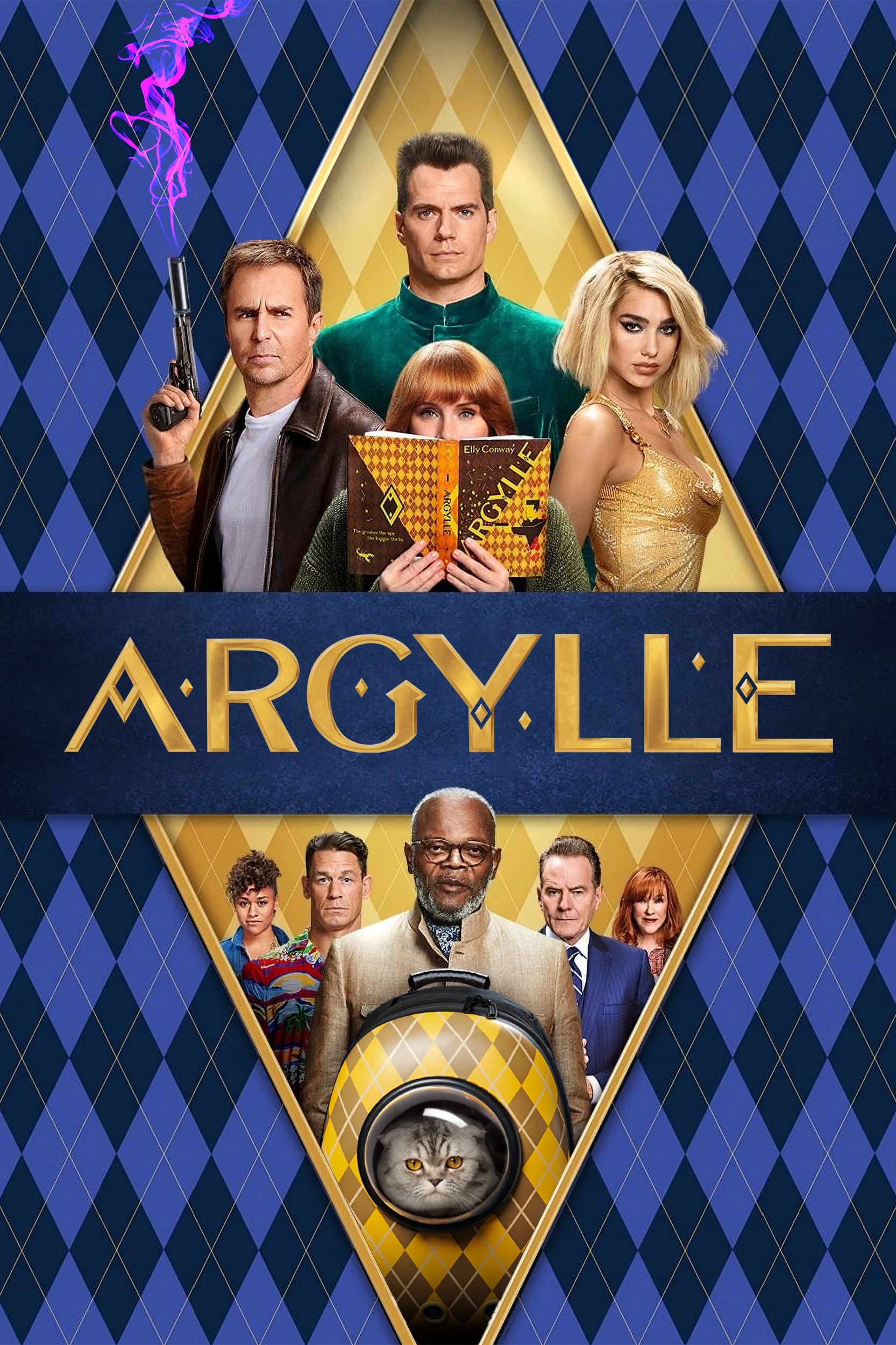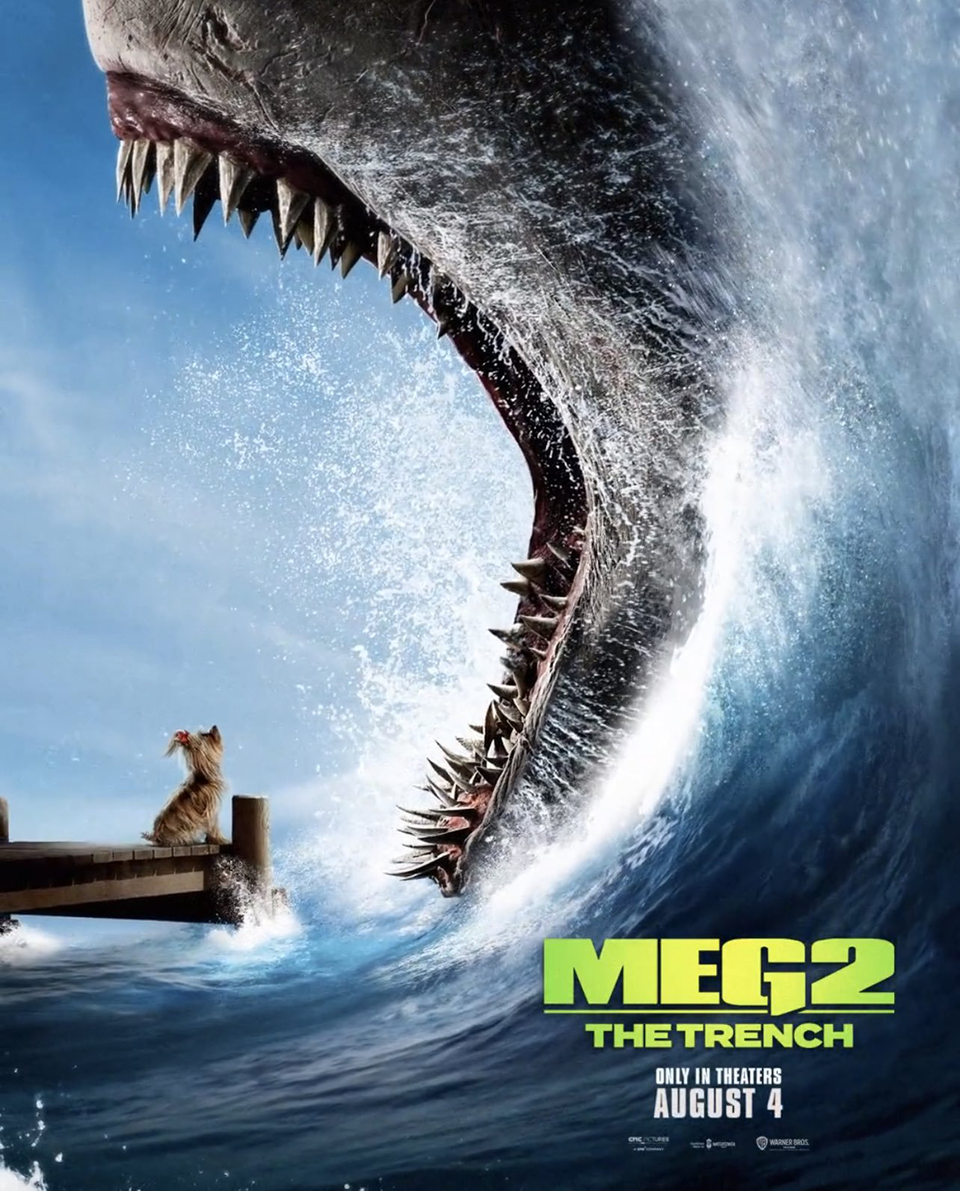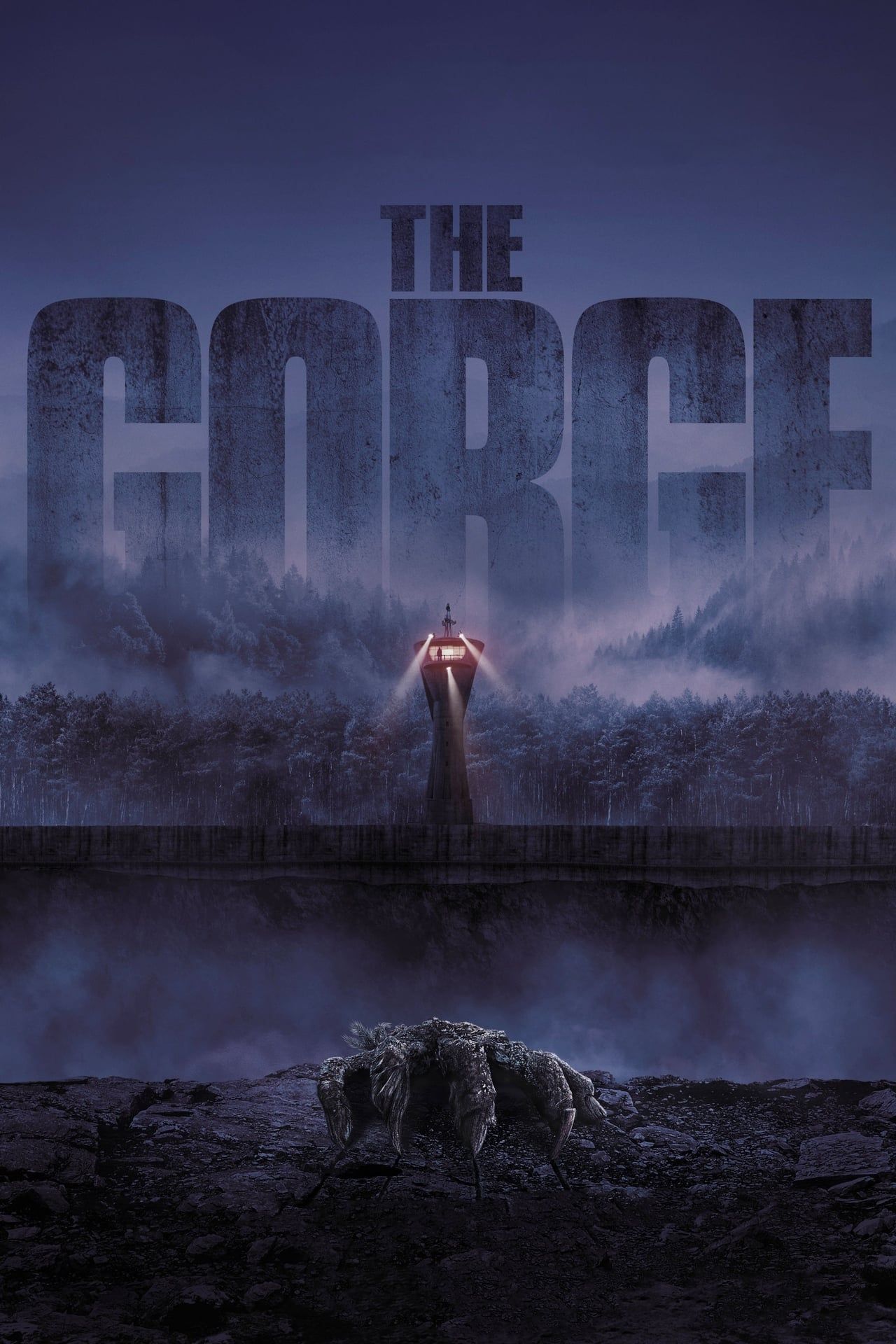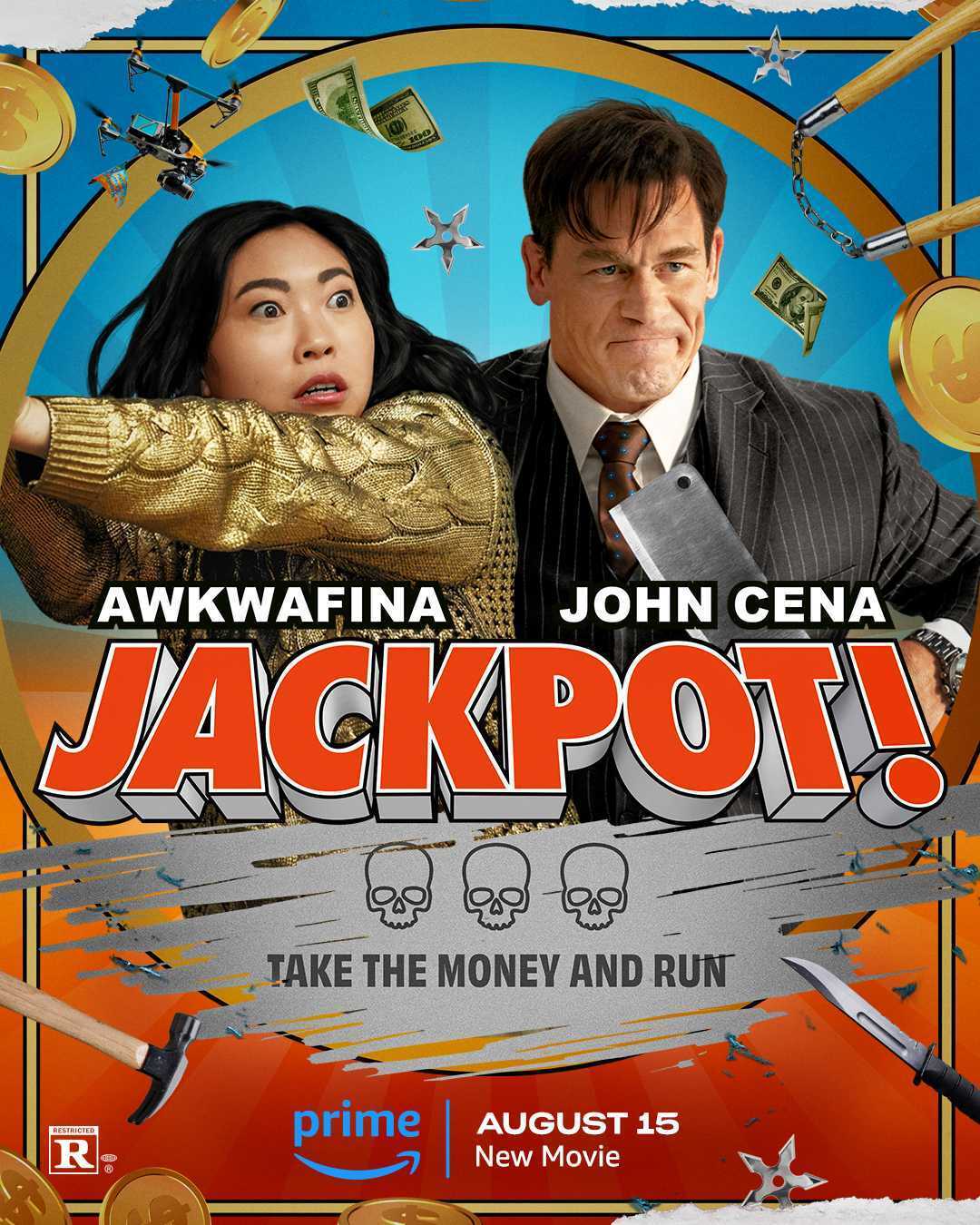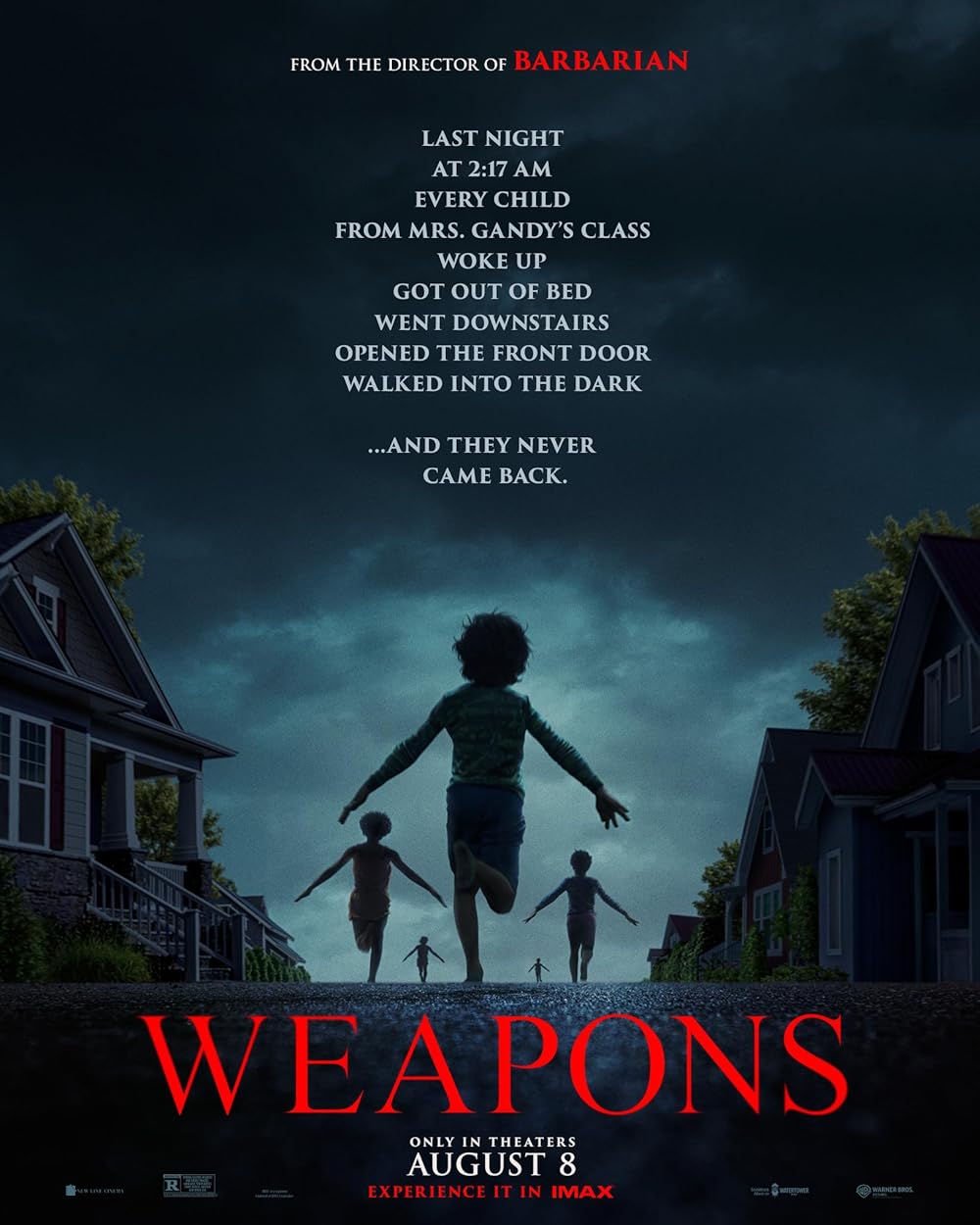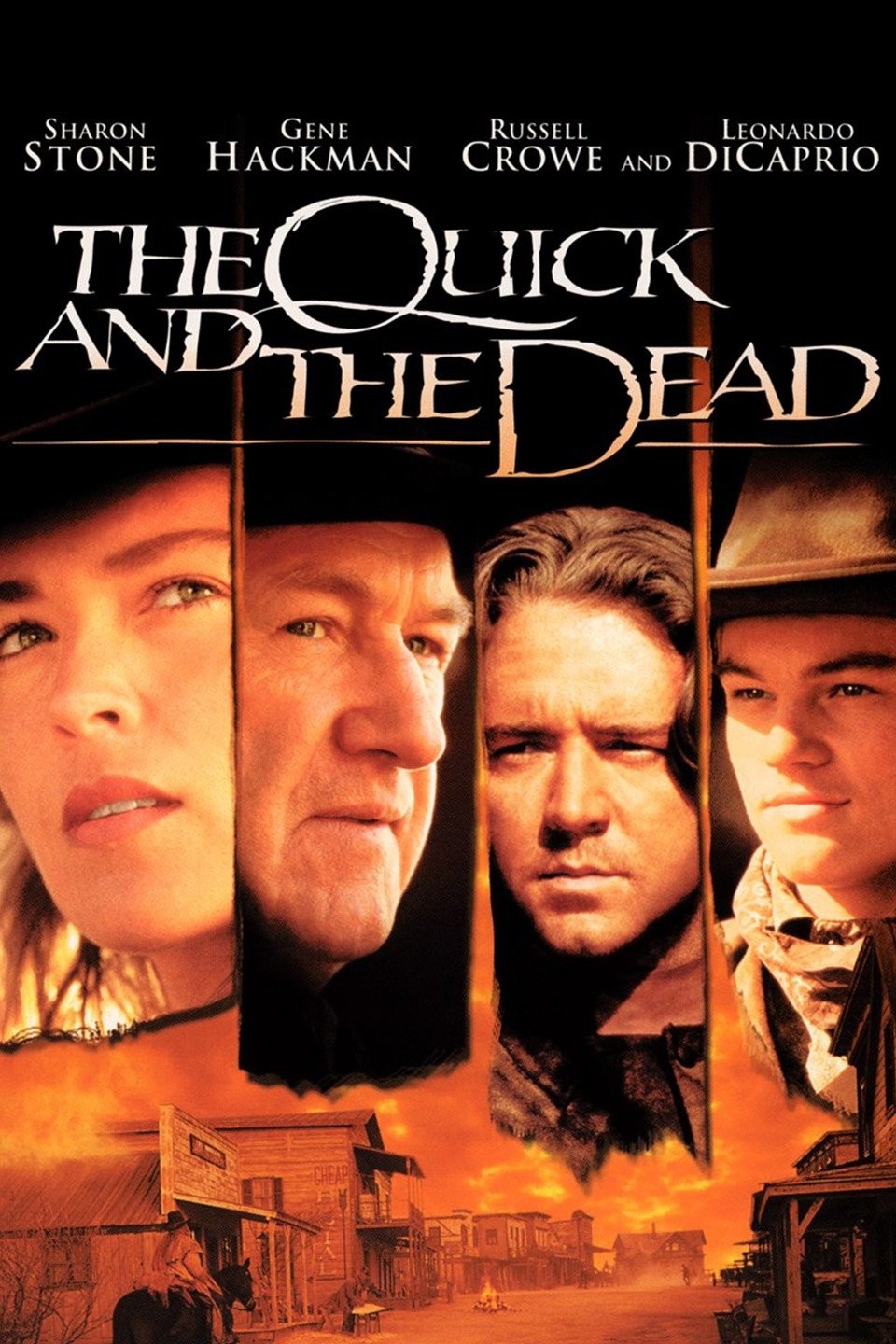Grildon Tundy
Member
Naked Gun 2025: It was funny! Also, the plot runtime is like 80 minutes, with jokes during the credits bringing it to 85 total. It was like traveling back in time to when movies, even comedies, weren't ~2hrs+.
Liam Neeson is likable, which goes a long way because I wouldn't say he had nearly the serio-comic chops that Nielsen did. But he was game for all the bits so it worked.
I also liked that it didn't try to replicate the Zucker-style comedy and went for its own thing. Assuming that was a conscious choice by the writers. Like there's a certain type of absurdity to it that's on a different wavelength to the OGs.
Liam Neeson is likable, which goes a long way because I wouldn't say he had nearly the serio-comic chops that Nielsen did. But he was game for all the bits so it worked.
I also liked that it didn't try to replicate the Zucker-style comedy and went for its own thing. Assuming that was a conscious choice by the writers. Like there's a certain type of absurdity to it that's on a different wavelength to the OGs.

